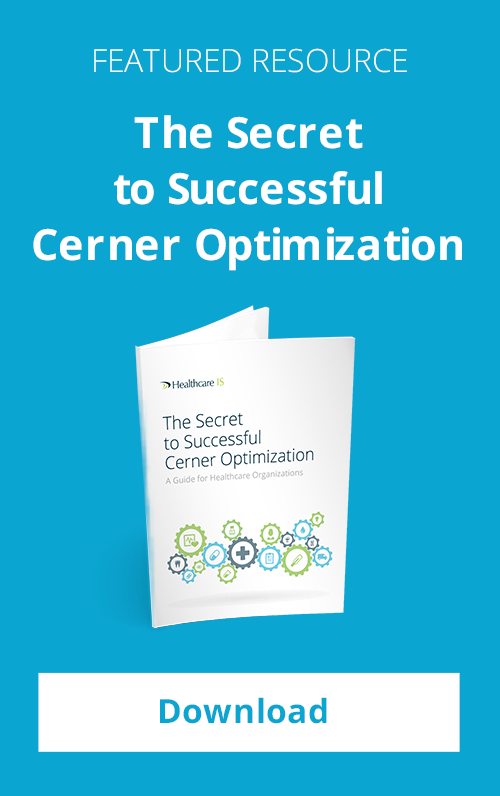Adding a skilled healthcare IT consultant to your team can help you maintain your existing applications or implement new ones, providing technical expertise that your organization needs but doesn’t currently possess. Once you’ve decided that an IT consultant is the best way to augment your existing operations, it’s time to start thinking about how to find the resource who best fits your healthcare organization.
Even after you have confirmed the necessity for outside help, it’s important to look inward and scope out the specifics of the need. The first step is to take a look at your existing Information Services operations and how your organization functions around them. Examine what’s currently working and what are the key areas for improvement. Try to get a better idea of the experiences of everyone who works with IT.
Within your Information Services department, look closely at your organization’s existing resources and staff. After realistically examining your operations, you’ll need to delineate the exact scope of a particular project or the staff position you’re looking to fill. For example, if you’re planning an EHR system conversion, your organization must do some initial planning, set goals, and determine time benchmarks. Whatever the specific project is, having a clear sense of its requirements helps determine the skills you need from the consultant. By carefully outlining your IT’s current state and future needs, it will make it easier to find the right person.
Look for Relevant Experience
It’s essential to staff the right resources in order meet the project objective and timelines. Ideally, the consultant would have experience working in your healthcare space, making it easier for them to understand processes and systems specific to your industry. (For pharmacies, it may be important that the consultant is familiar with automated dispensing cabinets.) Always keep in mind that an IT consultant is not a one-size-fits-all solution; it’s imperative to find the consultant with applicable experience in order to minimize onboarding time.
The Cultural Fit
In addition to the requirements of your particular industry, choosing a consultant whose approach matches your culture is important. One of the best ways to insure this happens is to involve multiple people in the hiring process. Choosing a person from each relevant area of your organization, especially those who will work closely with the consultant, helps ensure that everyone will be on the same page.
Communication Skills Are Key
A good consultant should be able to clearly articulate complex ideas and solve unexpected problems. Without accurate and productive communication between the consultant and your existing team, the value of the consultant will be significantly reduced. Remember, the consultant is there to solve problems, not create new ones. Selecting a person with excellent interpersonal skills can smooth over the transition period, ensure meaningful collaboration with your team, and ultimately help you get the full value out of the consultant.
The process of selecting the right consultant involves a lot of complex concerns. By carefully looking at candidates’ communication skills, their experience in your industry, and their match with your culture, you’re setting yourself up for success.
Need help finding a highly-skilled IT consultant with experience in healthcare? Download our free eBook "RightFit: 6-Step Process for Successful IT Consultant Selection in the Healthcare Industry" to help find an IT specialist that's right for you.



Comments